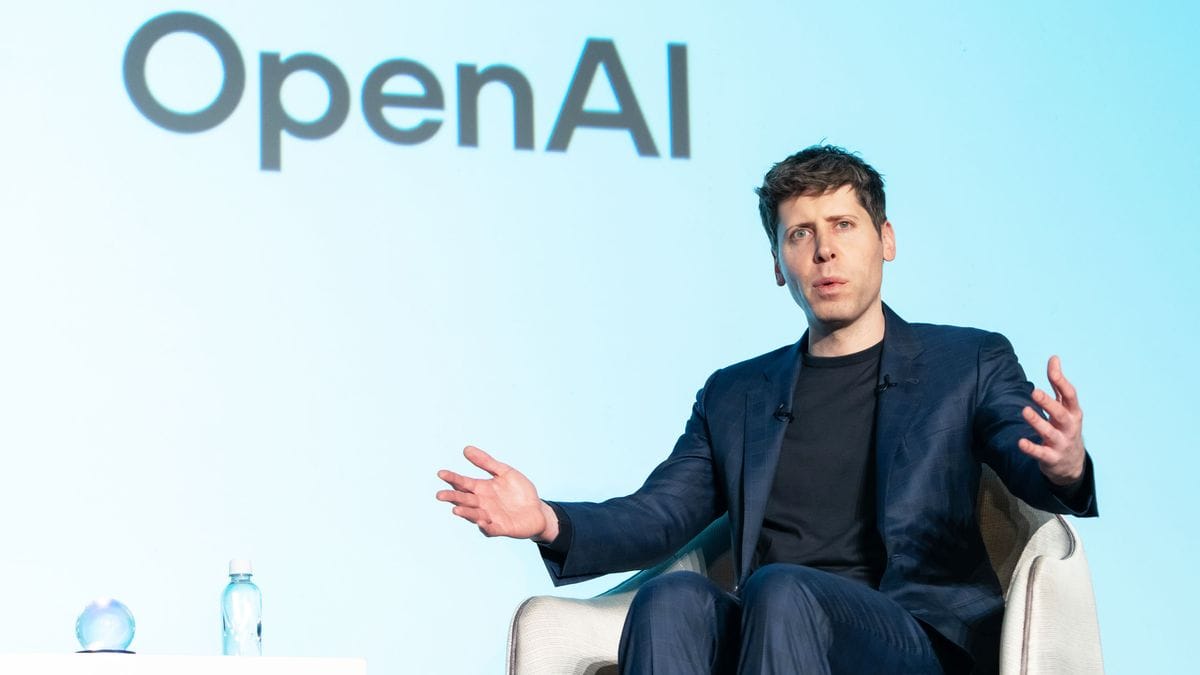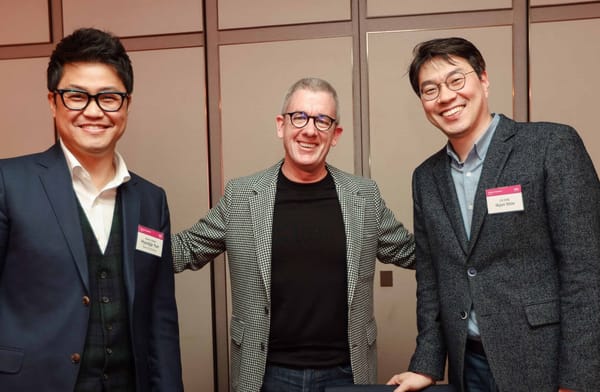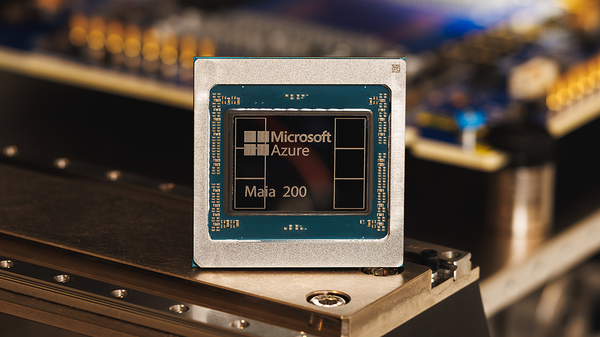Conversations with ChatGPT are not Legally Private: Sam Altman Warns
He advocated for new legal frameworks—a concept he referred to as “AI privilege”

OpenAI CEO Sam Altman recently issued a stark warning: conversations with ChatGPT are not legally private, even when used for therapy or emotional support.
Unlike human professionals—therapists, lawyers, or doctors—interactions with AI lack legal protections like doctor-patient or attorney-client privilege.
Speaking on This Past Weekend with Theo Von, Altman underscored how users, particularly younger ones, share deeply sensitive information with ChatGPT—expecting emotional support and advice. Yet, the law does not protect these AI dialogues. He emphasised:
“People talk about the most personal sh** in their lives to ChatGPT.… And we haven’t figured that out yet for when you talk to ChatGPT.”
Altman acknowledged the gap in policy and said users might not expect conversations with ChatGPT to be discoverable in legal proceedings.
“If you go talk to ChatGPT about your most sensitive stuff and then there’s like a lawsuit… we could be required to produce that, and I think that’s very screwed up.”
He advocated for new legal frameworks—a concept he referred to as “AI privilege”—that would offer AI interactions the same confidentiality as conversations with licensed professionals. Altman said:
“We should have the same concept of privacy for your conversations with AI that we do with a therapist… no one had to think about that even a year ago.”
Last month, in a sharp rebuke posted on X, Altman criticised The New York Times for demanding that the company retain ChatGPT user conversations—regardless of user consent—as part of its ongoing copyright lawsuit.
“AI privacy is critically important as users rely on AI more and more,” Altman wrote. “But [The Times] continue to ask a court to make us retain ChatGPT users' conversations when a user doesn't want us to. This is not just unconscionable, but also overreaching and unnecessary to the case.”




